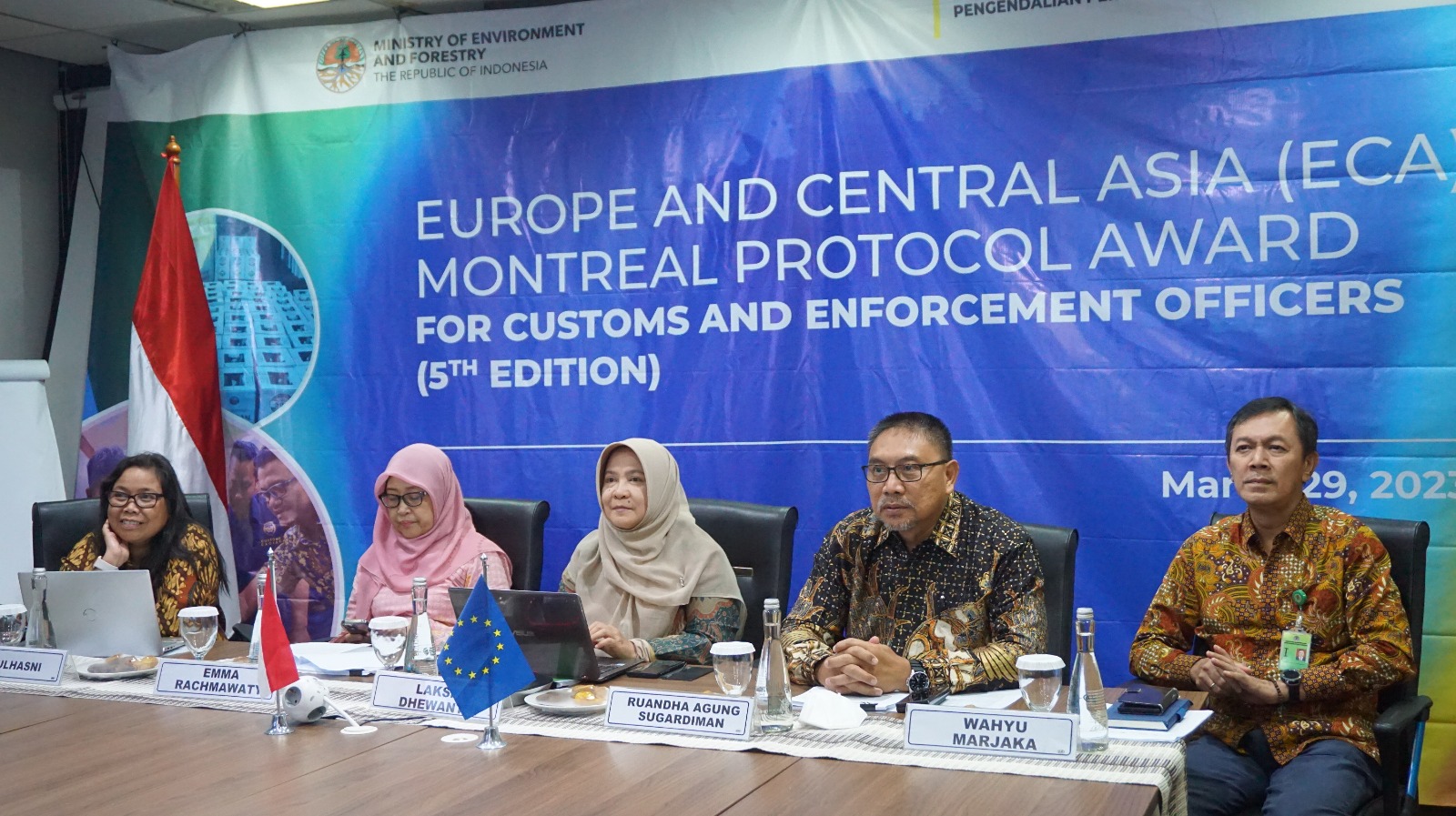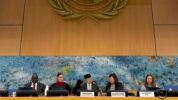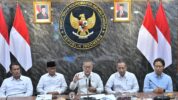Indonesia Secures IDR 1 Trillion to Combat Ozone Depletion
INDONESIA, RAKYAT NEWS – Indonesia has successfully secured over USD 70 million (approximately IDR 1 trillion) in funding to phase out the use of chlorofluorocarbons (CFCs), which are known to harm the ozone layer.
This financial support is part of a broader initiative to protect the environment and address climate change challenges.
Zulhasni, the Head of the Subdirectorate for Ozone Depleting Substance Control at the Ministry of Environment and Forestry, shared this news during the “Protect the Ozone, Mitigate Climate Change” event. She highlighted that the funding comes from several international financial institutions committed to preserving the ozone layer on a global scale.
“The responsibility of protecting the ozone is a shared obligation among all countries,” Zulhasni explained.
She noted that these funds are crucial for industries transitioning to more sustainable technologies, allowing them to replace harmful materials with safer alternatives.
Indonesia has been proactive in its commitment to ozone protection since 1992, when it ratified the Vienna Convention and the Montreal Protocol. As part of this commitment, the country has successfully phased out numerous ozone-depleting substances and encouraged the adoption of refrigerants like R32, which pose less risk to the environment.
In addition to CFCs, the government has also focused on transitioning from hydrochlorofluorocarbons (HCFCs) since 2013. During this period, Indonesia has received USD 36 million to support the industry in replacing outdated and environmentally damaging machinery with more eco-friendly options.
Ongoing training and awareness programs are being implemented to prevent freon leaks from air conditioning systems, further contributing to environmental protection efforts. Zulhasni emphasized that by preventing these leaks, the environmental impact can be significantly reduced.
As Indonesia continues its commitment to safeguarding the ozone layer and combatting climate change, the collaboration with international partners remains vital. This funding marks a significant step in the country’s ongoing environmental initiatives, aimed at creating a sustainable future for all. (Uki Ruknuddin)



























Tinggalkan Balasan